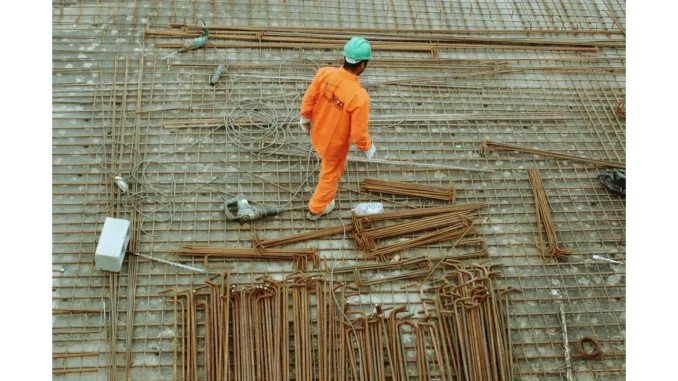
In the realm of construction, disputes are an inevitable facet of the industry, necessitating mechanisms like adjudication for swift and efficient resolution. However, complexities arise when determining whether a dispute is genuinely new or simply a reiteration of a previous one. A recent ruling by a Scottish court has provided significant clarity on this matter, particularly focusing on the introduction of new evidence and its implications for adjudication.
Focus360 Energy: property compliance services – pre-planning to post-construction. Learn more.
The case in question involved a contractor and an employer. Initially, the adjudicator ruled against the contractor for failing to meet the agreed completion date, which entitled the employer to recover lost revenue. However, the employer’s claim for damages was dismissed due to insufficient evidence. In a subsequent adjudication, the employer introduced a new expert report to substantiate their claim for losses incurred due to the delay. The second adjudicator, recognising the previous decision, nevertheless considered the new argument as a different dispute based on the fresh evidence presented.
The Scottish court, however, disagreed with this assessment, highlighting the risk of parties attempting to rectify deficiencies from earlier adjudications by introducing improved evidence in subsequent ones. The court underscored that the nature of the original dispute remains unchanged despite the presence of new or additional evidence. This principle is well-rooted in early case law, where courts have consistently cautioned against re-raising matters with enhanced evidence after an unsuccessful adjudication.
The Court of Appeal further reinforced this standpoint, asserting that additional detailed evidence does not significantly alter the determination of whether a subsequent dispute is different from a previous one. It concluded that failure to prove loss in an initial adjudication generally precludes a party from re-adjudicating the same issue. Instead, parties should seek remedies through litigation or arbitration if they wish to challenge the adjudication decision. This ruling carries profound implications for parties in construction disputes, emphasising the importance of presenting comprehensive evidence at the outset and discouraging attempts to re-litigate issues with improved evidence. It also reaffirms the courts’ commitment to maintaining the integrity and finality of adjudication decisions.
Another critical development in construction law pertains to the adjudicator’s jurisdiction and the exclusion of certain defences from the scope of adjudication. In a recent case, a subcontractor sought payment through adjudication, strategically narrowing the scope to exclude potential defences from the main contractor. The main contractor responded with cross-claims as a defence, but the adjudicator ruled them inadmissible, deeming them outside the adjudication’s scope.
The court, however, articulated that a responding party is entitled to raise any arguable defences to rebut the referring party’s claim, which does not expand the adjudication’s scope but addresses issues within its defined parameters. The court referenced Lord Briggs JSC in Bresco v Lonsdale, emphasising that a narrowly confined reference still allows for the determination of all defences, including cross-claims amounting to set-offs. If an adjudicator fails to address a referred question due to a restrictive view of their jurisdiction, their decision may become unenforceable on grounds of jurisdiction or natural justice. The failure must be deliberate and materially significant, impacting the adjudication’s overall outcome. In this instance, the adjudicator’s deliberate exclusion of cross-claims, influenced by the subcontractor’s tactical advantage, rendered the decision unenforceable, highlighting an error regarding jurisdiction and a breach of natural justice principles.
These rulings underscore the delicate balance between the adjudicator’s jurisdiction and the parties’ rights to present comprehensive defences. They highlight the necessity for adjudicators to meticulously consider the scope of adjudication and ensure all relevant defences are addressed to uphold fairness and justice in construction disputes.
The recent legal developments in construction law underscore the courts’ dedication to preserving the integrity of adjudication processes and ensuring equitable dispute resolution. Whether addressing the issue of re-adjudicating disputes with new evidence or delineating the scope of an adjudicator’s jurisdiction, these rulings offer invaluable guidance for parties embroiled in construction disputes. They stress the importance of presenting comprehensive evidence initially and ensuring all pertinent defences are considered within the adjudication’s scope. As construction projects evolve, these legal principles will play a pivotal role in shaping the landscape of construction law and dispute resolution.


Be the first to comment